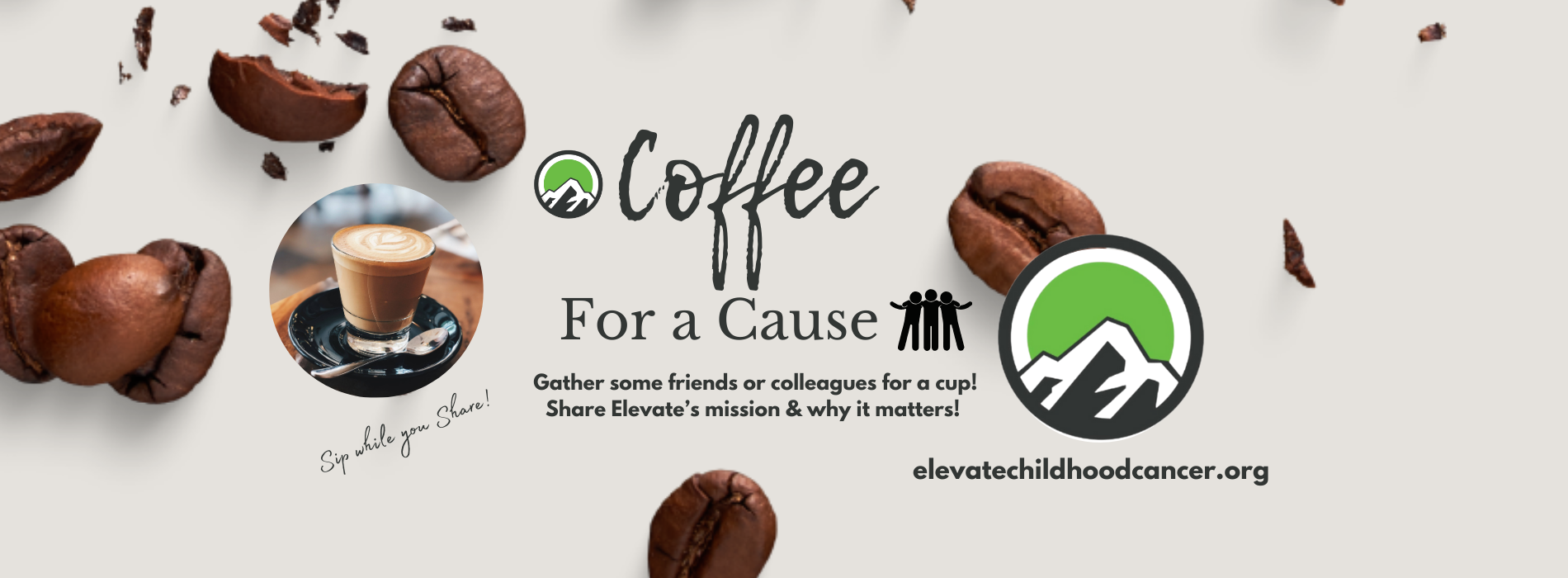
February is American Heart Month and it’s an opportunity to learn more about how today’s childhood cancer treatments can wreak havoc on our growing children’s bodies including their hearts. Those undergoing chemotherapy & chest radiation have increased risk for developing heart disease and, even worse, premature cardiovascular morbidity is a high risk for those who are survivors of childhood cancer into adulthood.
In a systematic review of the literature, Leerink et al. (2020), found that “cardiac diseases in the growing population of childhood cancer survivors are of major concern.” They went on to explain that “Cardiotoxicity as a consequence of anthracyclines and chest radiotherapy continues to be relevant in the modern treatment era.” Link for more HERE.
What are anthracyclines?
Anthracyclines (e.g. doxorubicin) are chemotherapy drugs that are given to many of our children diagnosed with all types of childhood cancer, including Rhabdomyosarcoma and Wilms tumor. While they can be effective at times for killing cancerous cells they are also widely known to have severe adverse effects, and one of those is heart problems. Currently researchers are looking for ways to mitigate these highly toxic effects. Because tissue necrosis, or death of heart muscle, is possible, there are also limits on how much of these toxic chemotherapy drugs are allowed in a lifetime dose. Childhood cancer patients must undergo monitoring for a lifetime after being treated with these as the devastating effects can and often occur years after treatments with cytotoxic (cell destroying/killing) chemotherapy drugs. Link to anthracyclines HERE.
~Learn more about Rhabdomyosarcoma HERE and Wilms tumor HERE

“Survivors of cancer are significantly more likely than their siblings to suffer from congestive heart failure, myocardial infarction, pericardial disease or valvular abnormalities. Anthracycline-containing regimens and chest radiation exposure in particular have been associated with an increased risk for these cardiovascular complications.” Explained Bansal et al. (2021) in a review of the literature. Link for more HERE.
————————————————————–
While surviving childhood cancer is a victory, living with challenges brought on by current treatments are far from celebratory. Elevate would like to share some experiences from families that are living with these ‘after effects’ and a little bit of ‘why’ we are on a mission for less toxic, more effective treatments for even survivors of childhood cancer. It’s never over and it’s never the same.
A mom of a 19 year old survivor of AML explained her son’s constant struggles with heart health after surviving the disease as a 2 year old:
“While we are so grateful that our son survived these harsh treatments so many years ago, we are forever battling for his health. He is under the care of several types of physicians, one including a cardiologist that is seen every few weeks to monitor medications and heart function.”

“Instead of being outside enjoying the freedoms of childhood, we worry about heart medications and what amount of exercise is too much, constant blood pressure monitoring and stress tests. No teenager can begin to live a normal life when these are their concerns.”
————————————————————–
Their story is not isolated. Another family explained that while they were overjoyed to be done with treatment they were surprised when one of the ongoing follow up appointments they prescribed their Wilms survivor was a routine cardiology appointment for an ECHO every three months for “ten years to monitor for heart changes!” This on top of all the x-rays, CT/MRI scans and blood work alongside to monitor for other issues and recurrent disease. “Can you imagine your 6 year old telling her friends that she is missing the park to go for heart function tests and potential beta blockers?”
————————————————————–
Still other families shared with Elevate,
“We could not conclude the prescribed dose of chemo because of significant heart changes after a single dose.” With so few options for effective treatment for children with cancer they were left with limited options. “Immediately we had to begin a new regime that was unknown in its effectiveness because there were no alternatives for this scenario. Heart function continued to decline over the next year and we are still left trying to figure out a way forward, hoping our child lives with the effects as well as a treatment to stop this cancer.”
______________________________
For long-term follow up recommendations and a guide explaining which treatments are known to cause heart problems, check out this information from the Children’s Oncology Group HERE.
______________________________
Elevate finds this completely unacceptable and is on a mission to reimagine treatment for childhood cancer so those children who survive their cancer don’t have to face a lifetime of heart disease. We need your help! It’s not just about life saving cancer treatments, but also, finding less toxic treatments so that our children have long, healthy lives and have the freedom to be children, teens and young adults with bright futures!
Let’s do the work together so we can ‘let kids be kids’.

@2023 ELEVATE Childhood Cancer Research
and Advocacy, Inc.
is a registered 501(c)(3) non-profit organization.
EIN: 93-2185372
Join us! Stay up to date with our work and mission.
Please help keep our site secure and solve this problem.
We respect your privacy and will never sell or share your information.
